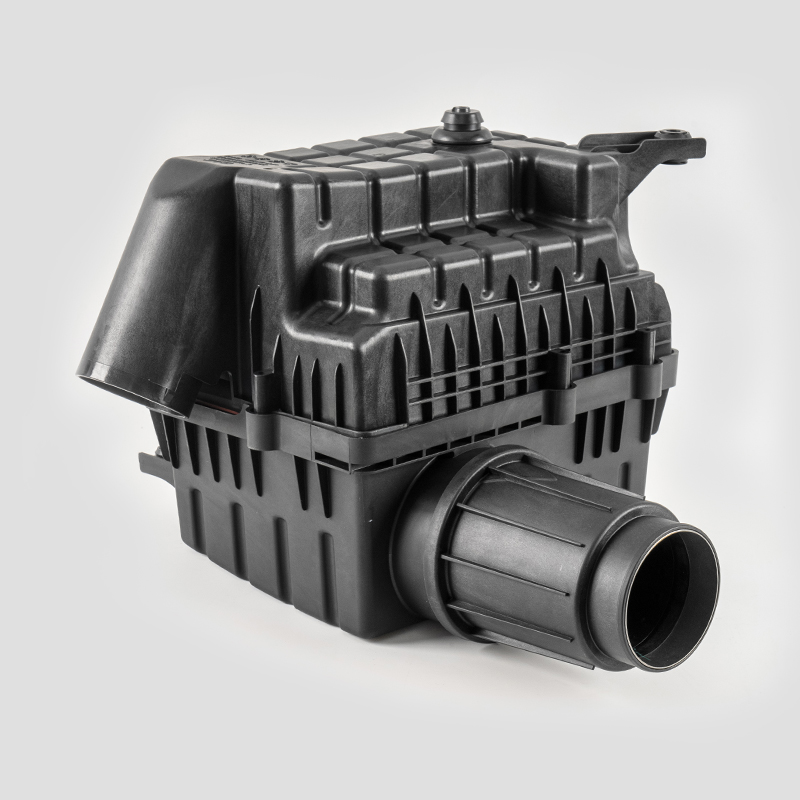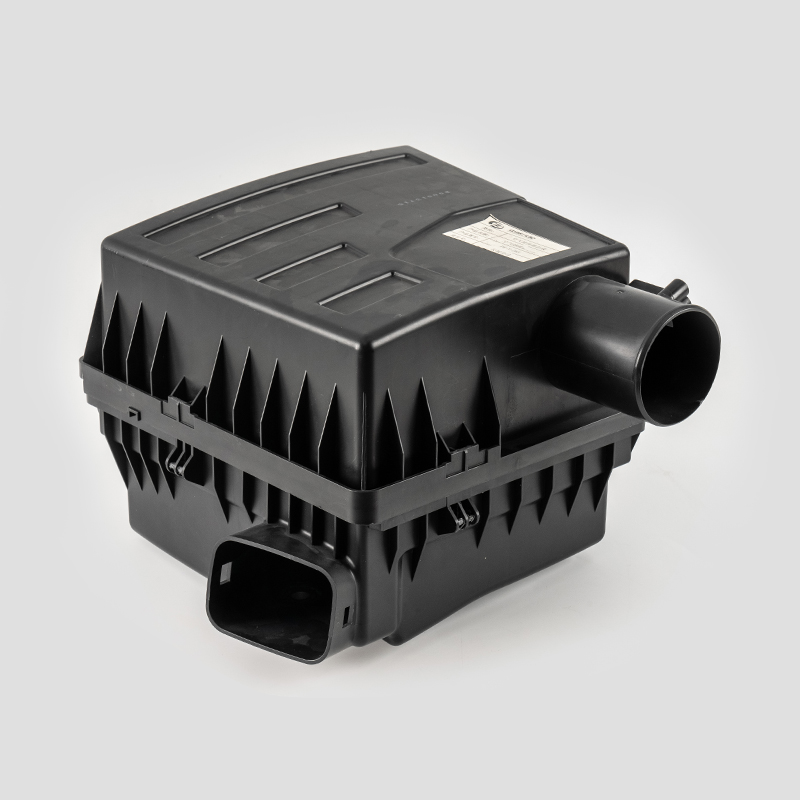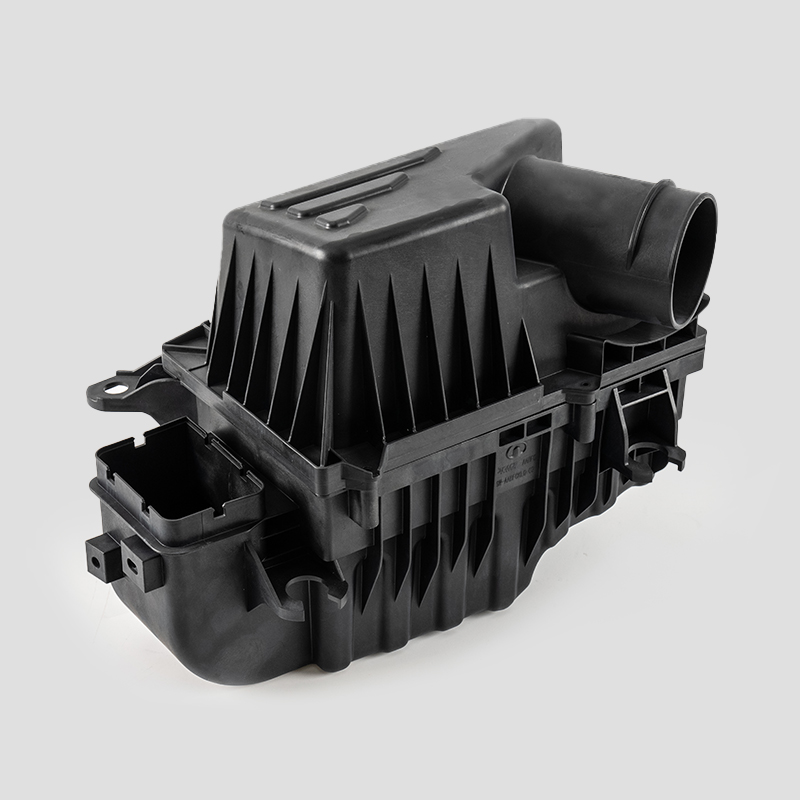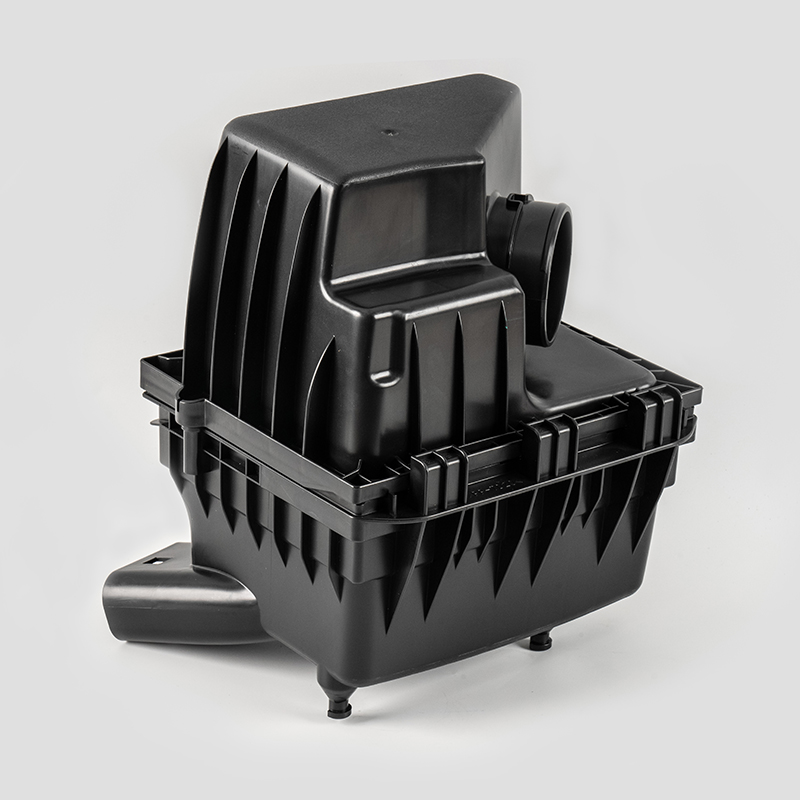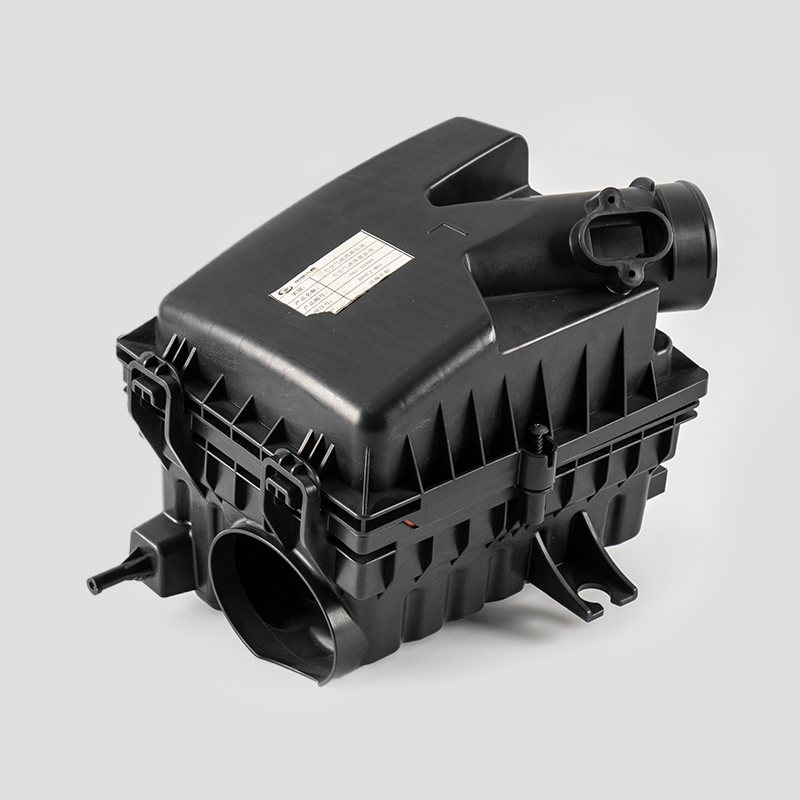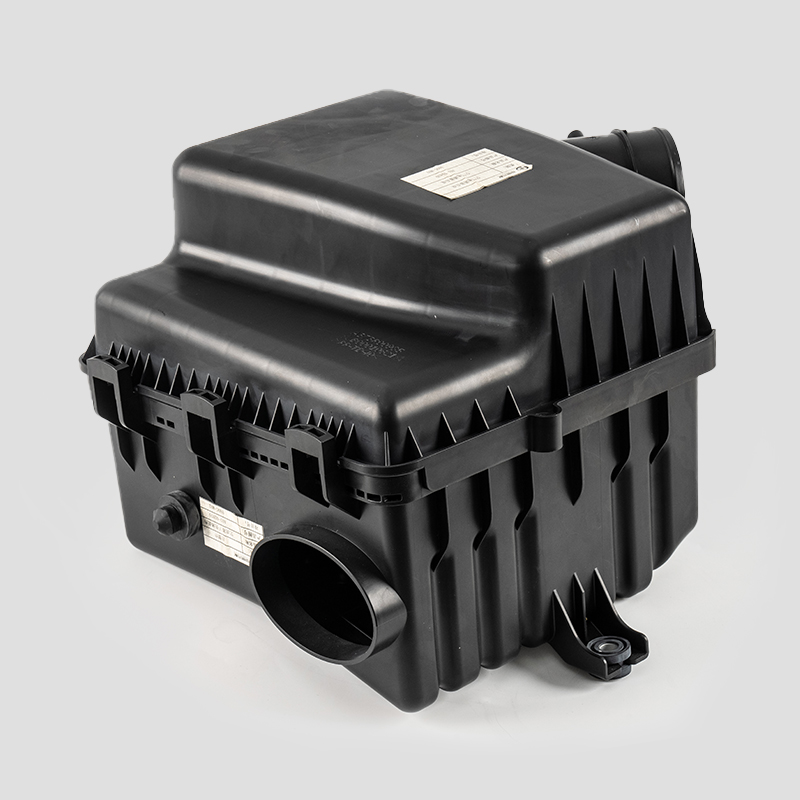What are the key differences between a charcoal cabin filter and a regular cabin filter?
When it comes to maintaining clean air inside a vehicle, the automotive cabin filter plays a crucial role in ensuring that the air circulating through the car’s interior is free from pollutants, allergens, and dust. However, not all cabin filters are created equal. Among the most common types are regular cabin filters and charcoal cabin filters, each offering distinct features and benefits.
A regular automotive cabin filter is typically made from a pleated paper material designed to trap airborne contaminants like dust, pollen, and dirt particles. These filters are effective at preventing larger particles from entering the vehicle’s air conditioning and heating systems, ensuring that the air circulating within the cabin is cleaner. Regular cabin filters are often made from synthetic or fiberglass materials, which offer adequate protection against general pollutants. While these filters are good at filtering out solid particles, they do not have the capability to address gases or odors that may infiltrate the vehicle.
On the other hand, a charcoal cabin filter, also known as an activated carbon filter, offers additional features that set it apart from the regular variety. What distinguishes the charcoal filter is the inclusion of activated carbon, which is capable of absorbing gases, chemicals, and odors. The activated carbon is highly porous, allowing it to trap and neutralize harmful substances such as volatile organic compounds (VOCs), exhaust gases, and foul odors from the outside environment. This makes the charcoal cabin filter particularly beneficial for people who live in areas with high levels of air pollution, or for those who frequently drive in urban environments with heavy traffic.
The primary difference between the two types of filters lies in the way they handle air contaminants. While a regular automotive cabin filter is designed to trap physical particles, a charcoal cabin filter is specifically designed to tackle both physical particles and harmful gases or odors. This makes the charcoal filter ideal for individuals who are sensitive to smells, allergies, or pollutants. It also provides an additional layer of protection against harmful chemicals, which can be especially beneficial for people who are concerned about indoor air quality and their health during daily commutes.
Another key difference is the level of filtration efficiency. Regular cabin filters are highly effective at filtering out large particulates like dust, pollen, and debris, but they do not offer the same protection against smaller pollutants or gases. Charcoal filters, due to the activated carbon, offer superior filtration by absorbing a wider range of contaminants, including those that regular filters cannot. This makes charcoal cabin filters a more comprehensive option for improving both air quality and driving comfort.
When it comes to maintenance, both types of filters require periodic replacement to maintain optimal performance. Regular automotive cabin filters generally need to be replaced every 12,000 to 15,000 miles, depending on driving conditions and manufacturer recommendations. Charcoal filters, due to their enhanced filtration capabilities, may need to be replaced more frequently, especially in areas with high pollution or heavy traffic, as the activated carbon becomes saturated over time. It is important to follow the manufacturer’s recommendations for filter replacement to ensure that the filter continues to provide effective filtration.
The cost difference between the two types of filters is another factor to consider. Charcoal cabin filters are typically more expensive than regular filters due to the added technology and materials involved in their design. However, for individuals who are particularly concerned about air quality, odor control, or environmental pollutants, the additional cost of a charcoal cabin filter may be a worthwhile investment.




 English
English Español
Español عربى
عربى